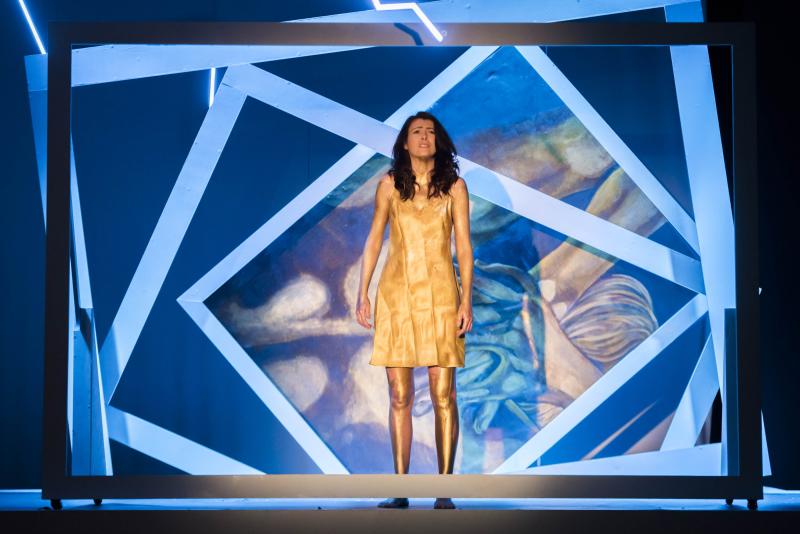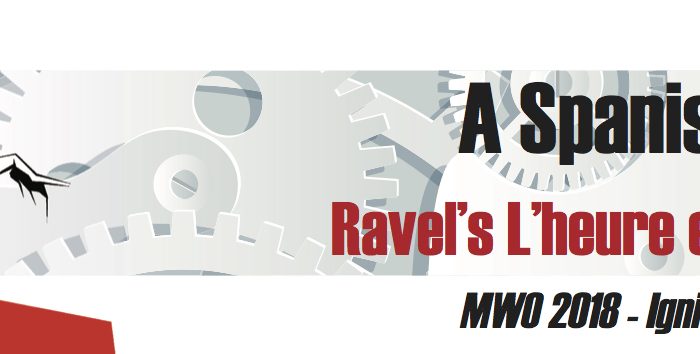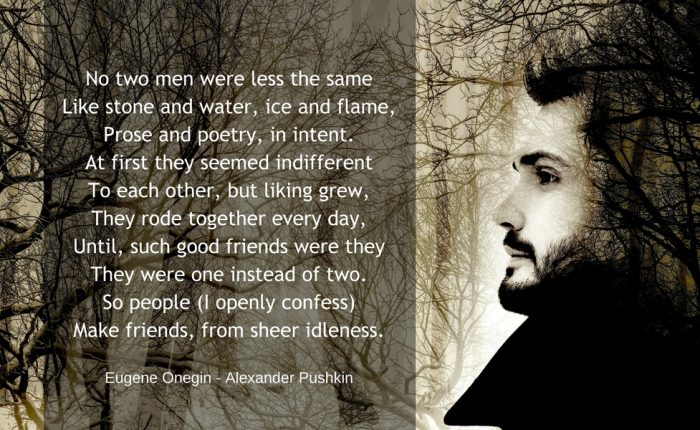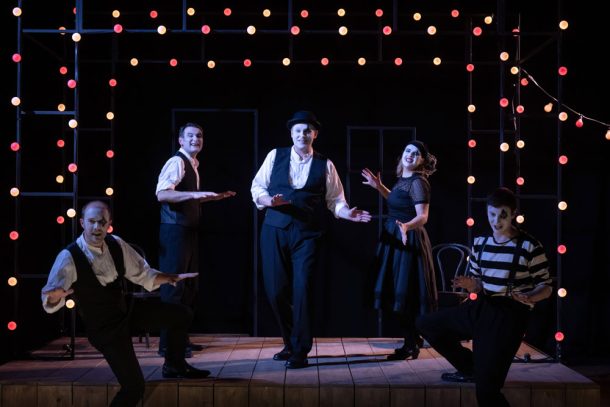So you’re thinking of coming to see Semele – but it’s not your usual aria of interest – if you’ll pardon the pun!
Don’t worry, we’re here to help. The most important thing you need to know as an audience member is that opera is filled with great tunes and great stories and Semele is no exception.
Like a lot of early opera, Semele draws its inspiration from Greek myth and in this case from Ovid’s Metamorphoses which was one of the best known classical texts and would have been very familiar to Handel’s original eighteenth century audience. Lots of the stories are just as familiar today – Jason and the Golden Fleece, the story of the Minotaur, Dido and Aeneas and others are all part of Ovid’s epic masterpiece.
Semele is the daughter of Cadmus, the King of Thebes and is destined to marry Athamus, a Prince of Boetia and a very suitable match for such a high powered and politically significant Princess. However, Semele has other ideas and has set her sights on Jupiter, the King of the Gods.
As the wedding to Athamus progresses, Semele continues her prayers to Jupiter to save her from her fate – and Jupiter swoops down among the wedding party in the form of a giant eagle, sweeping Semele away to his dragon-guarded castle in the sky.
Having got exactly what she wished for Semele remains restless and as her story unfolds there are plenty of elements which will ring very true to modern audiences – as you’ll see from Martin Constantine’s thoroughly contemporary rendering of the work.
Semele was originally performed in 1744 and it has always been a controversial piece. In fact it originally ran for only four nights, returned once in December 1744 and was never again staged by Handel – in the end it vanished completely until the 20th century.
But that doesn’t mean it’s not a great work – and you may well have heard versions of Jupiter’s stunning aria “Where’er You Walk” or Semele’s “Endless Pleasure, Endless Love” in other contexts – if not have a listen to our very own patron Sir Bryn Terfel’s lovely version here:-
And what about baroque music itself?
Baroque is where it all began for operatic music, starting in around 1600 and carrying on into the 1700s. Some of the instruments of the baroque period, including lutes and their big brother the theorbo, have now largely vanished and harpsichords are now mainly consigned to period performance specialisms.
You may think you don’t know much about baroque music but if you’ve heard Vivaldi’s Four Seasons, Bach’s St Matthew Passion, Handel’s Messiah and Zadok the Priest then you get the idea. In fact, brace yourself for a quick blast of Zadok the Priest from Westminster Abbey here :-. Anyone still has a cobweb in the corner of their ears?
The emotional intensity which characterises baroque music is perfect for telling dramatic stories like that of Semele and whole pictorial landscape of the piece is built through the music as well as the action on stage.
We’re touring our Semele with musicians from The Academy of Ancient Music who are expert in period performance so for those who know and love baroque music they are guaranteed a world class musical treat – but for baroque beginners, rest assured the music is breath-taking and however much you understand of its musical history and context you won’t fail to be swept away by its beauty.
Baroque opera doesn’t get performed that often – the last one Mid Wales Opera did was Handel’s Acis and Galatea in 2014 with the Royal Welsh College of Music and Drama and Brecon Baroque. So don’t miss this exciting new production and remember opera just means work in Italian. Its a combination of beautiful music and incredible stories so what could be better to beat the February blues than an escape into the world of the Greek gods, accompanied by Handel’s fabulous music.





